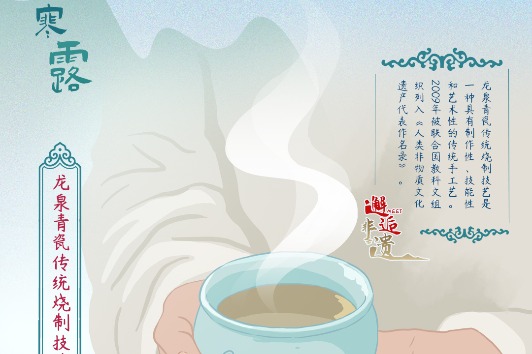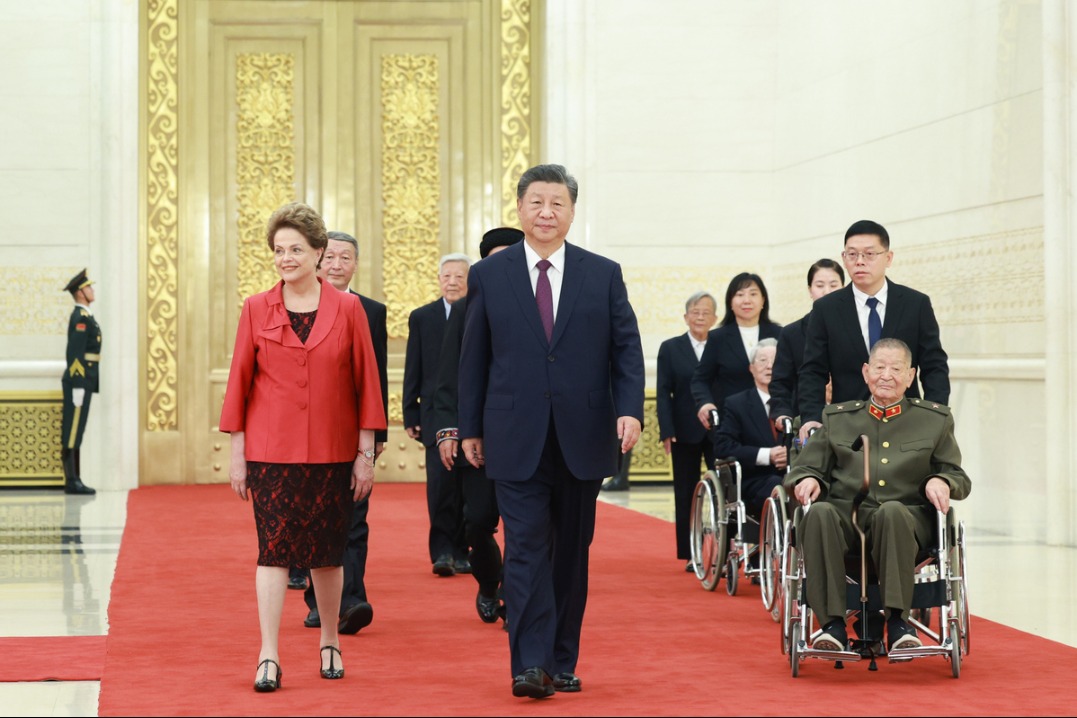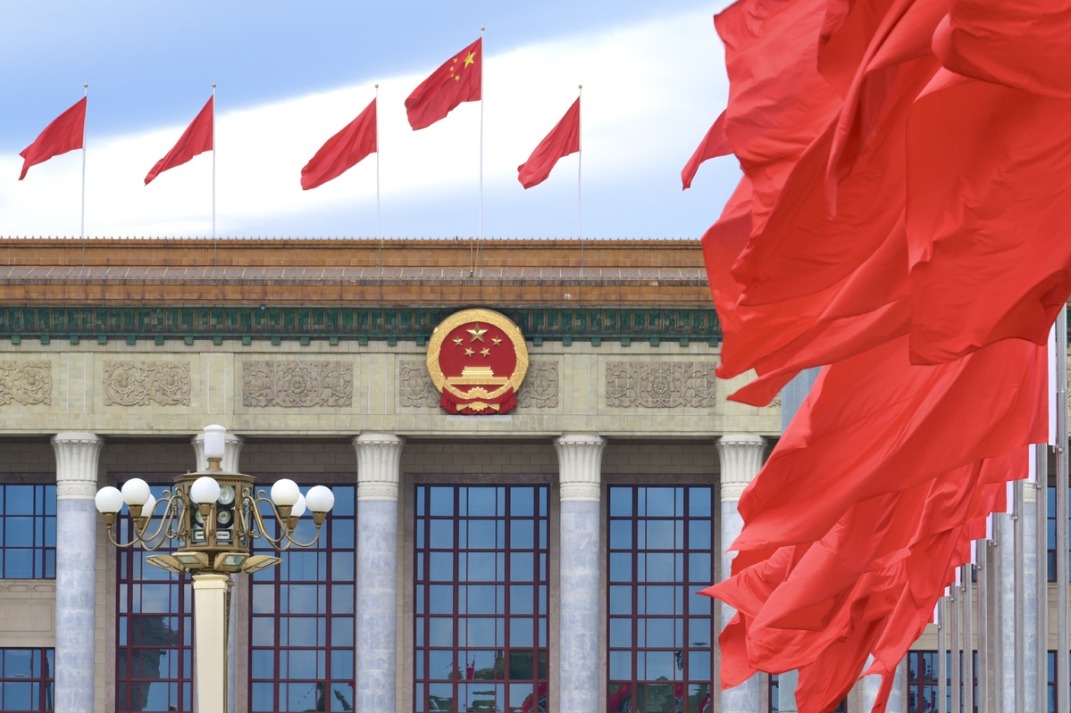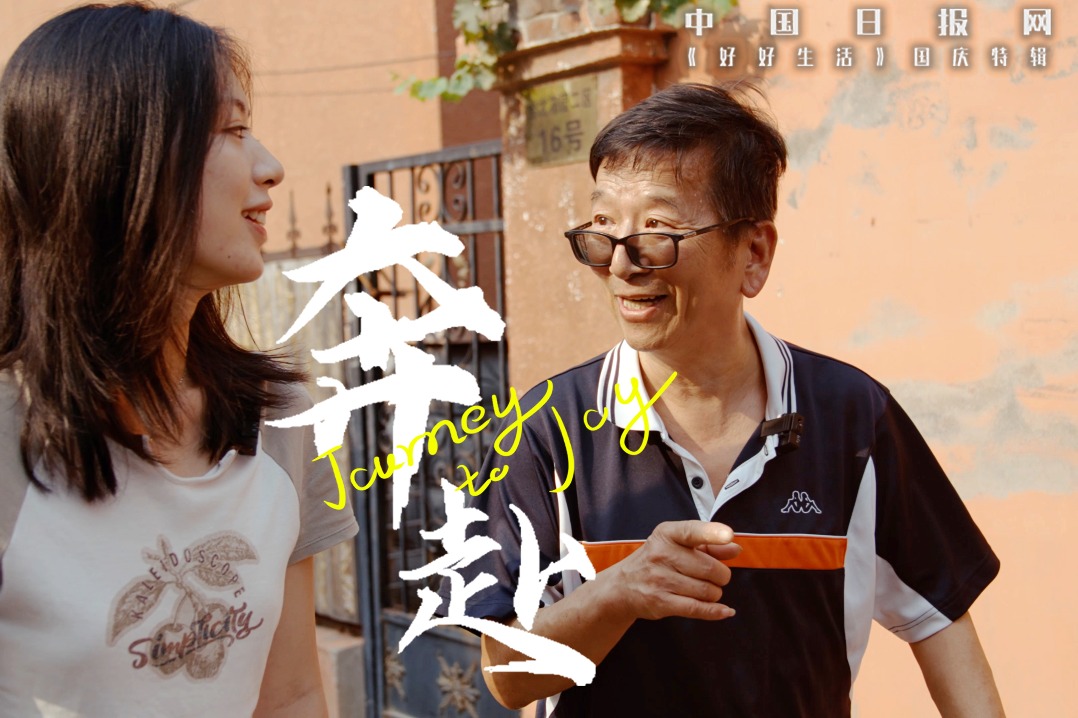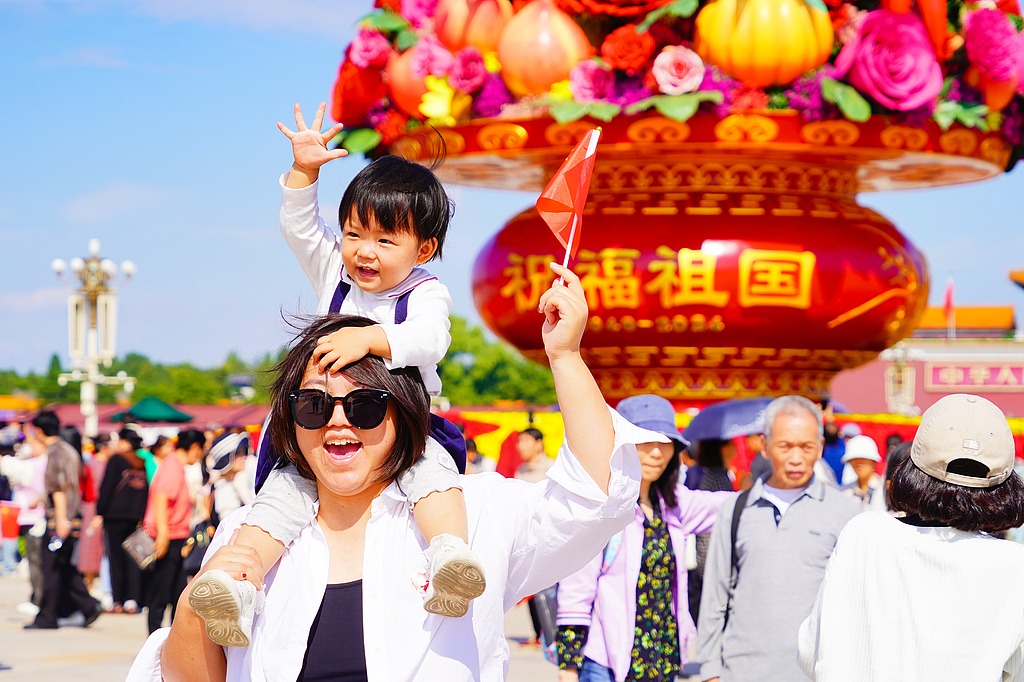Chinese firm takes on global luxury market
By BELINDA ROBINSON in New York | China Daily Global | Updated: 2024-08-26 09:36

The Chinese e-commerce platform Dewu has emerged to shake up the global luxury goods market by offering steep discounts of up to 40 percent on luxury fashion goods and sneakers.
Dewu, or its English name Poizon, was originally a platform for purchasing, reselling and discussing sneakers. But since 2018, it has sold branded clothing, handbags, watches, electronics and toys that are purchased worldwide.
The platform has more than 160 million active users who often have new, legitimate goods from abroad such as Louis Vuitton, Chanel and Gucci to sell on the site. It is especially appealing to price-conscious Generation Z Chinese shoppers.
Jeff Unze, former general manager of the San Francisco office of Dewu, was brought on to roll out the company in the United States. He has since left to work for the startup CrossTerra.
"They're the first Chinese company that is taking branded goods globally," Unze told China Daily. "Every other Chinese company has done fast fashion like Temu."
The vast majority of Dewu's customers are in China, he said. "It has been downloaded 350 million times in China, so it is a pretty large platform and has monthly active users over 160 million."
Founded in July 2015 by CEO Yang Bing, the company's headquarters is in Shanghai. By 2021, the site offered more than 100,000 new products every month and expanded into Hong Kong Special Administrative Region, Japan, Europe and the Americas. Its move into the US is to gain new products and customers.
" (Dewu) can draw products from retailers, wholesalers, even people to people, just like eBay," Unze said. "They can get luxury or sneakers from everyone because they're doing such great work on the authentication side."
Booming trade
The success of the site is partly being attributed to it repurposing China's $81 billion daigou market, which was booming before the pandemic but was halted because of pandemic-era travel restrictions.
Daigou translates to "buying on behalf of" and refers to individual business entrepreneurs who used to travel from China to the US, Japan or Europe to buy cheaper goods because of fluctuating exchange rates, then ship them back to China for sale.
Dewu has captured nearly three-fourths of China's daigou sellers' trade, according to the publication Inside Retail.
As it focuses on selling more luxury goods, the value of sales of Louis Vuitton on Dewu grew 11 percent year-on-year to 2.6 billion yuan ($365 million) in the first half of this year, the publication Business of Fashion reported.
LVMH, the Paris-based owner of Louis Vuitton, is said to be watching the rise of the site closely as Dewu accounted for more than 14 percent of Louis Vuitton's total estimated sales in China of 2.3 billion euros ($2.6 billion) for the same period.
Luxury goods from Hermes, Chanel, Dior and Prada have also seen higher sales year-on-year on Dewu.
While most of Dewu's merchandise is purchased from the official luxury stores, the platform is chipping away at the fashion houses' profit margins.
Its primary customer base is Gen Z and Alpha shoppers. Of the 264 million Gen Z population in China, 70 percent claim to have a Dewu account, said a report by consultancy firm Re-Hub, which helps luxury and premium brands in China generate online growth.
Chinese Gen Z consumers "have a higher-than-average per capita disposable income and along with Gen Alpha are projected to increase their spending on luxury three times faster than other cohorts", Re-Hub said.
Unze said the US expansion was to ensure it could get "a really steady supply of some of the new hot goods, things that just aren't last season and they want to source them globally to make sure they always have the full array of supply and they always have the best prices".






